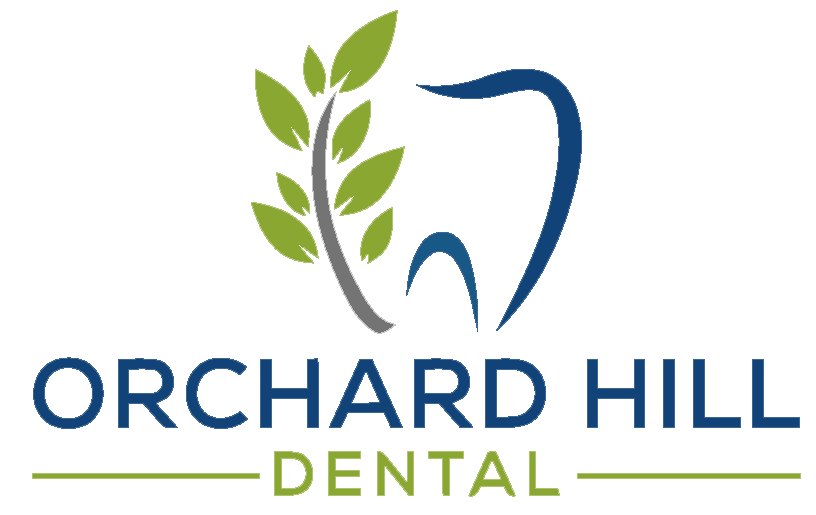As we age, our teeth need extra attention. Proper care can prevent many common dental issues. Here are some tips to help you maintain a healthy smile as you grow older.

Brush and Floss Regularly
Brushing and flossing remain essential. Follow these steps:
- Brush twice daily with fluoride toothpaste.
- Use a soft-bristled toothbrush.
- Floss once a day to remove plaque.
Regular brushing and flossing help remove food particles and bacteria. This prevents tooth decay and gum disease. Make sure to replace your toothbrush every three to four months. A worn-out brush won’t clean your teeth effectively. Consider using an electric toothbrush for a more thorough clean. Electric toothbrushes can be easier to handle, especially if you have arthritis or other conditions that affect your grip.
Visit Your Dentist Frequently
Regular dental check-ups are crucial. Schedule visits every six months. Your dentist can:
- Spot early signs of decay.
- Clean hard-to-reach areas.
- Provide professional advice on oral care.
Early detection of issues can save you from pain and expensive treatments. Your dentist may also perform X-rays to check for problems that aren’t visible to the naked eye. Professional cleanings remove tartar buildup that regular brushing and flossing might miss. Don’t wait for a problem to arise before visiting your dentist. Preventive care is key to maintaining healthy teeth and gums.
Stay Hydrated
Dry mouth becomes more common with age. Drinking water helps keep your mouth moist. It also washes away food particles and bacteria. Avoid sugary drinks and caffeine, as they can worsen dry mouth. Saliva is essential for neutralizing acids produced by bacteria in your mouth. It also aids in digestion. If you struggle with dry mouth, consider chewing sugar-free gum or sucking on sugar-free candies to stimulate saliva production. Over-the-counter saliva substitutes can also provide relief.
Use Mouthwash
Mouthwash can help maintain oral health. Look for one that:
- Contains fluoride.
- Fights bacteria.
- Moisturizes your mouth.
Rinse daily to reduce plaque and freshen your breath. Mouthwash can reach areas that your toothbrush and floss might miss. It can also help reduce the risk of gum disease. Choose an alcohol-free mouthwash if you have dry mouth, as alcohol can be drying. Consult your dentist for recommendations on the best mouthwash for your needs.
Consider Dental Products for Seniors
Certain products cater specifically to aging teeth. These include:
- Electric toothbrushes with gentle settings.
- Toothpaste designed for sensitive teeth.
- Water flossers for easy cleaning.
These products can make your oral care routine easier and more effective. Sensitive teeth can result from receding gums or worn enamel. Toothpaste for sensitive teeth can help reduce discomfort. Water flossers use a stream of water to clean between teeth and along the gumline. They can be especially helpful if you find traditional flossing difficult.
Watch Your Diet
Your diet impacts your dental health. Eat foods rich in:
- Calcium (like dairy products).
- Vitamin D (found in fish and eggs).
- Phosphorus (present in nuts and seeds).
These nutrients strengthen your teeth and bones. Avoid sugary and acidic foods, as they can erode enamel and lead to cavities. Foods high in fiber, such as fruits and vegetables, can help keep your teeth clean by increasing saliva production. Dairy products like milk, cheese, and yogurt provide calcium and phosphates, which help remineralize tooth enamel.
Be Mindful of Medications
Some medications cause dry mouth or gum issues. Talk to your dentist about your prescriptions. They can recommend ways to counteract these side effects. Medications for conditions like high blood pressure, depression, and allergies can reduce saliva flow. If dry mouth becomes a problem, your dentist might suggest special mouthwashes or gels. Staying hydrated and maintaining good oral hygiene can also help mitigate these effects.
